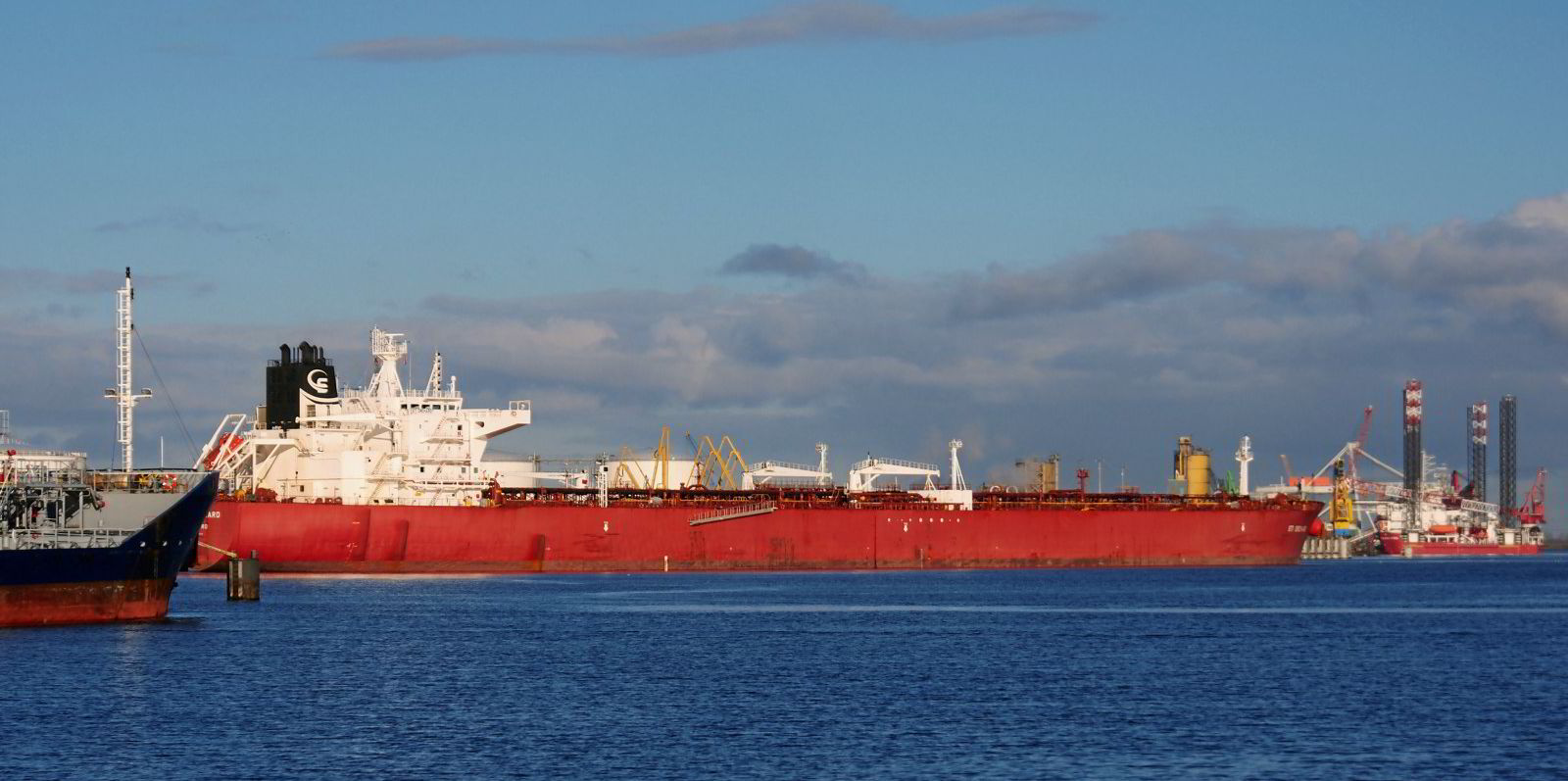Suez Canal toll fees have taken a dive as ships redirect around the Cape of Good Hope, but the diversions have had a mixed impact on freight markets.
An analysis from Veson Nautical shows toll fees falling around 40% from the end of November 2023, dropping from $47m to $28m, with container ships representing just $6m at the beginning of January.
But the traffic has only boosted one-year period rates for a post-panamax boxship by 7% from December. Tankers — which saw a drop of roughly 23% — saw big rallies.
“The influence of the situation on the various cargo markets has been mixed. In the crude tanker sector, rates for suezmaxes and aframaxes have firmed since the start of December up by around 16% and 63%, respectively,” Veson analyst Rebecca Galanopoulos-Jones said.
“The route around the Cape of Good Hope more than doubles the length of voyages from the Middle East to Europe and therefore reduces the supply of available tonnage in the market.”
Other segments saw drops in traffic, too.
LPG carriers led the way, cratering 93% while toll revenues fell from $1m at the end of November to just $153,000 in the first week of January. LNG carriers slipped roughly 66%.
Bulkers fell by only 7%, with Galanopoulos-Jones saying rates have been historically high despite seasonal weakness despite their consistent use of the canal.
Since December, when Houthi militants intensified their attacks on commercial shipping in the Red Sea, vessels have begun avoiding the area in favour of a southerly route around the Cape of Good Hope.
The move has benefited container shipping, as rates have cooled since 2022 after the sector earned blockbuster rates during the Covid-19 pandemic leading to a spate of shipbuilding.
For aframax tankers, rates shot up throughout December and January, hitting a six-month high of $79,979 per day on 16 January, according to the Baltic Exchange’s time charter equivalent assessment, before falling back to $49,898 per day on Tuesday.
Suezmaxes were mostly steady throughout November and December, staying in the high-$40,000 per day range after hitting highs in October.
Rates firmed in mid-January before cooling. The Baltic Exchange assessed rates at $46,952 per day on Tuesday.(Copyright)





